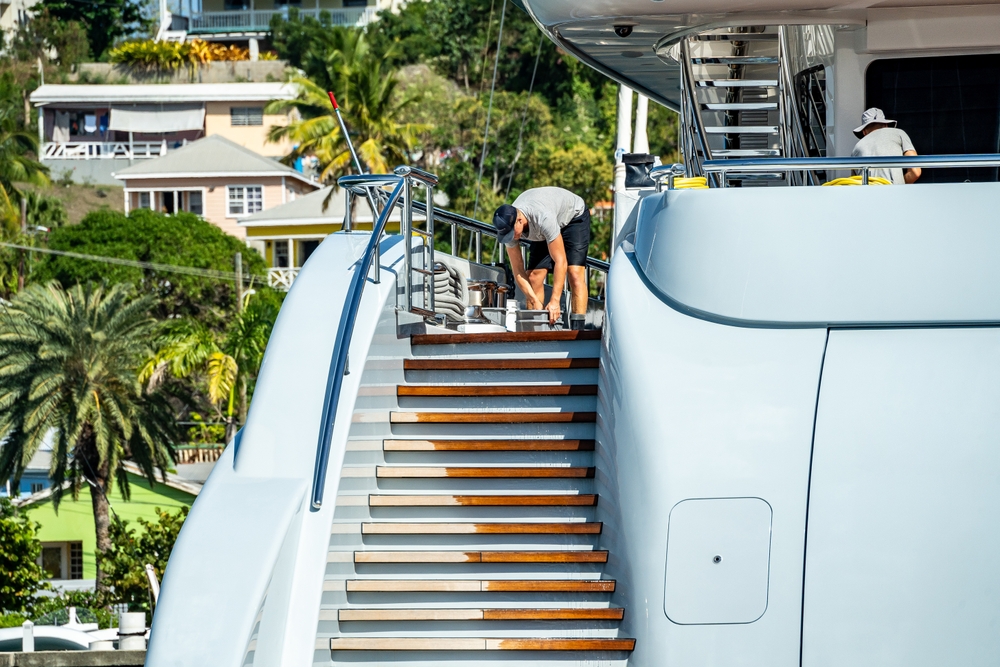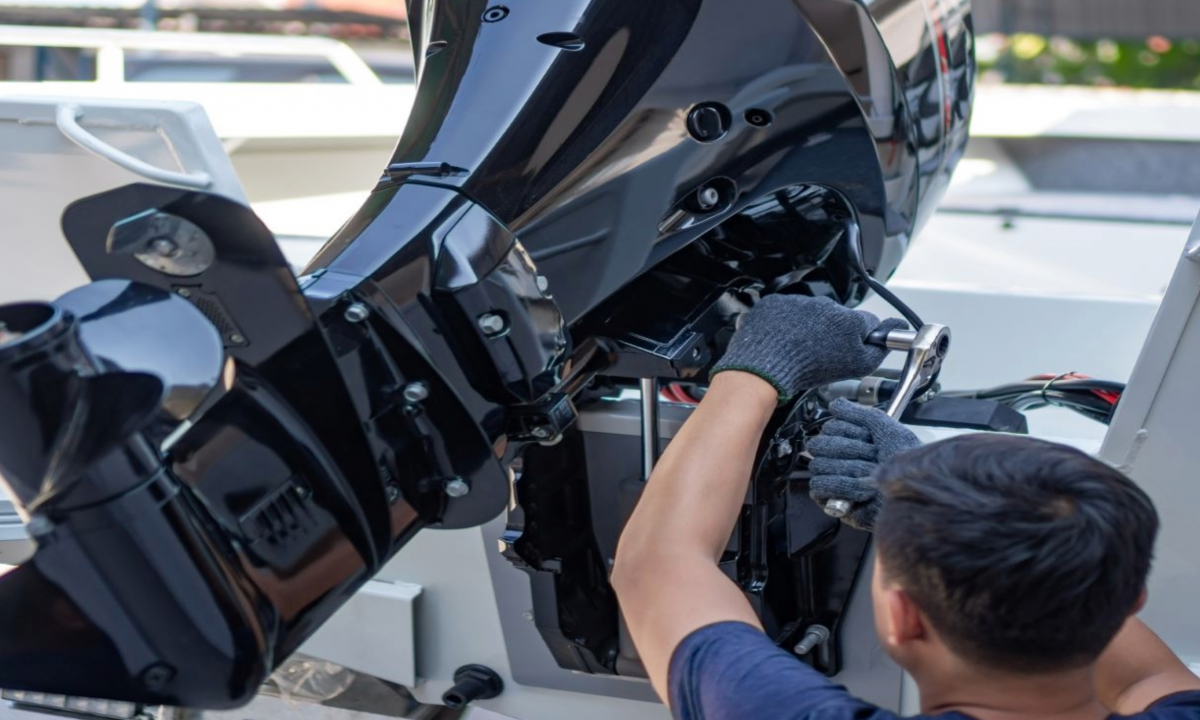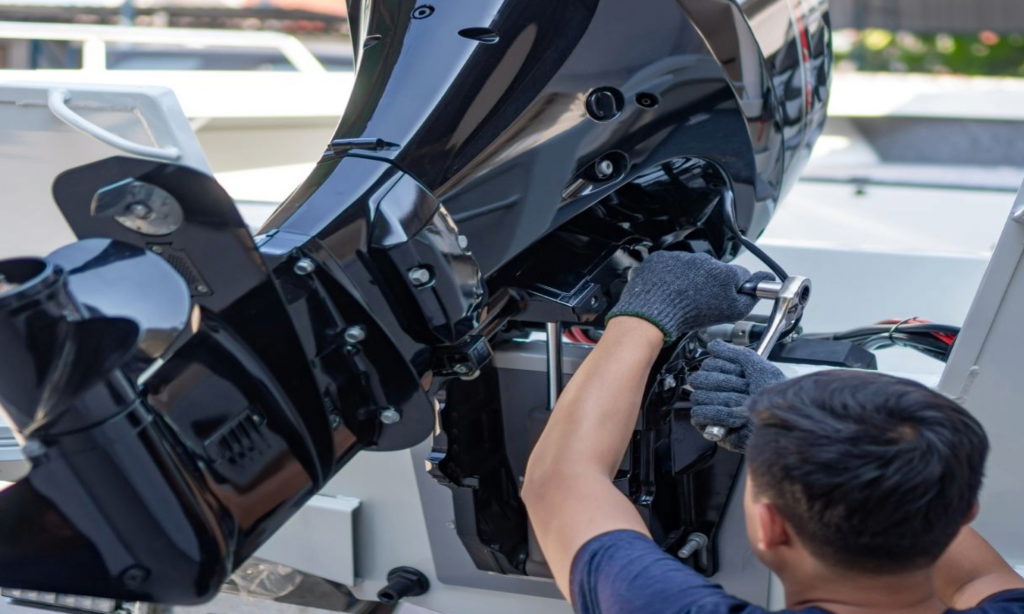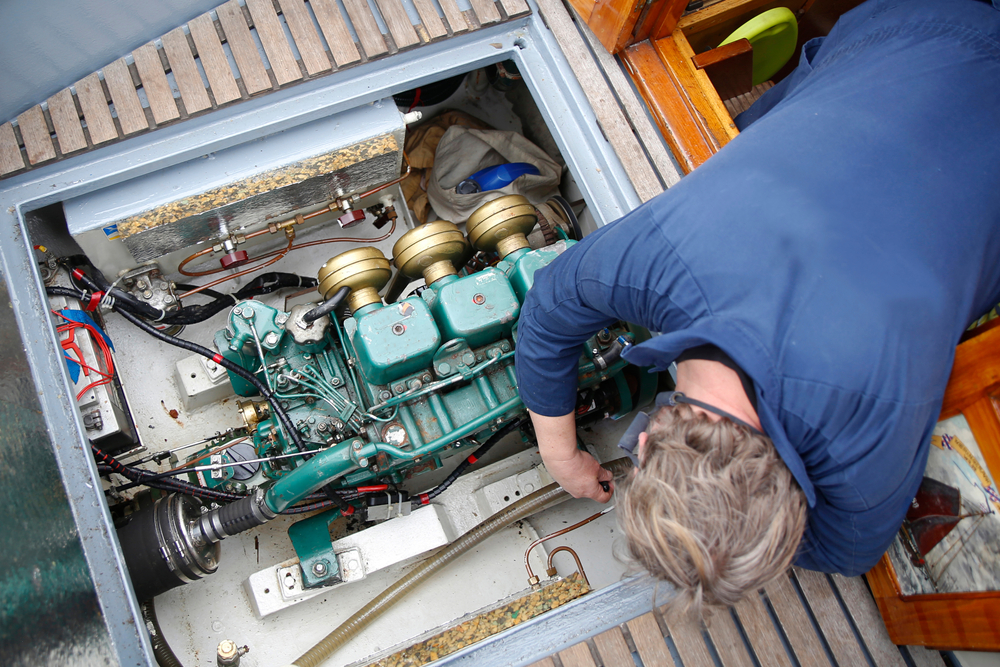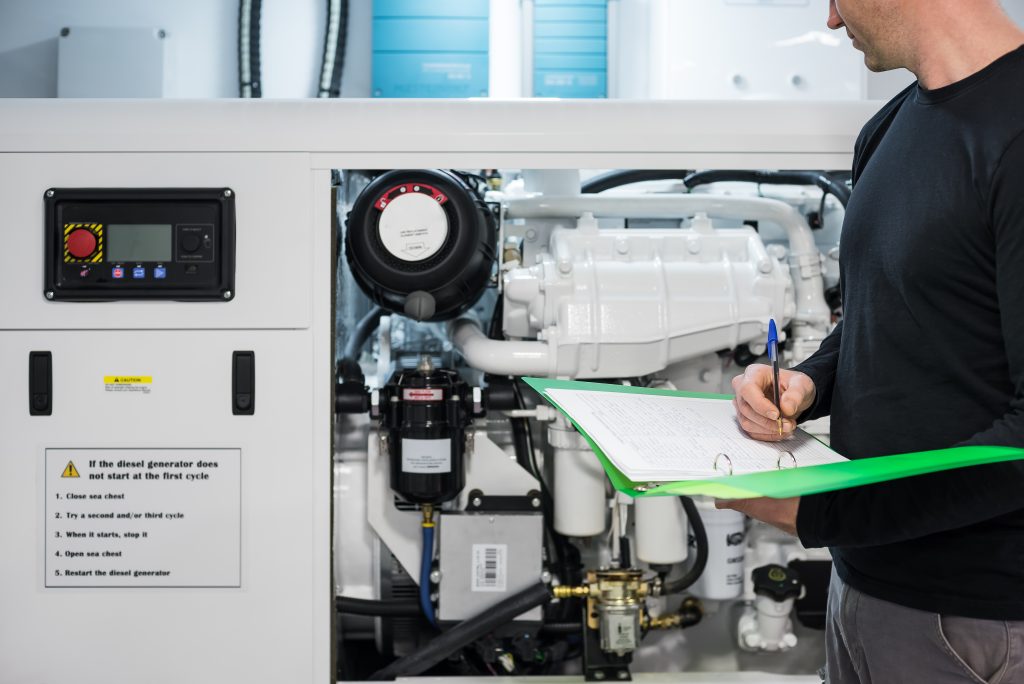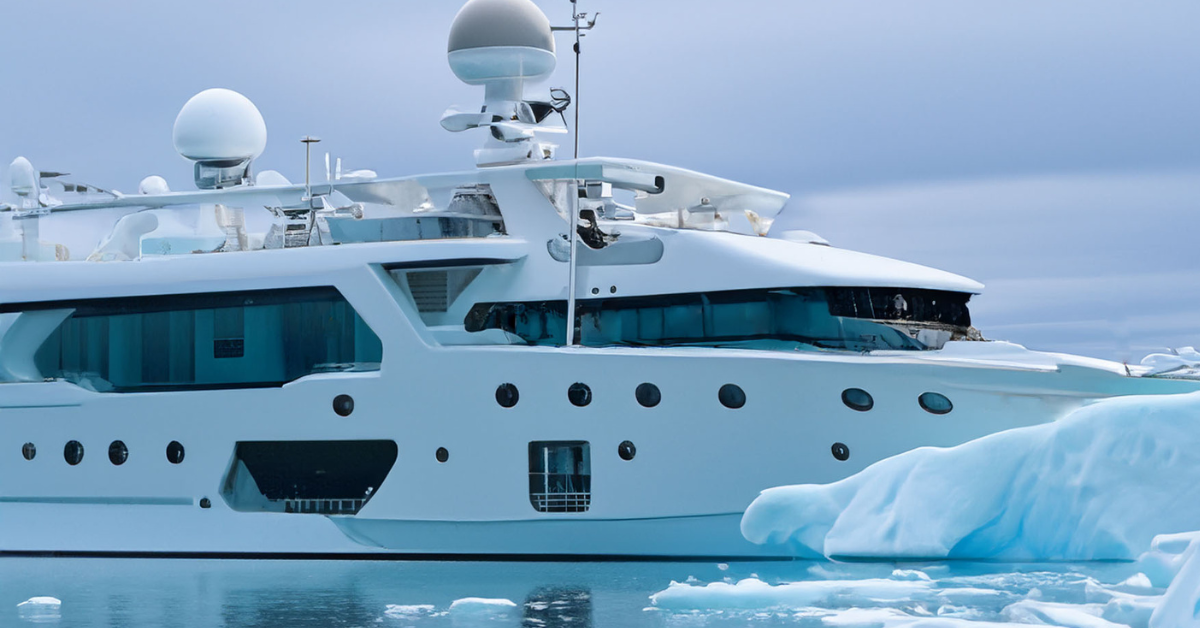10 September 2024, Fort Lauderdale, FL – The International Superyacht Society (ISS), a global leader representing the yachting industry, is proud to announce the launch of the ISS Talent Pledge.
This new initiative is designed to tackle the growing skills gap within the superyacht industry by encouraging its members to share knowledge, open doors, and provide opportunities for the next generation of professionals.
“Together, we have the power to address this critical challenge. By uniting our efforts, we can make a lasting impact on the future of our industry. We encourage all our members to take the first step today by signing our Talent Pledge.”
ISS President Erin Ackor states.
“With the Talent Pledge, we aim to encourage superyacht companies around the globe to attract and retain new talent in our industry.”
Abi McGrath, Chair of the ISS Talent Pledge, emphasizes.
As an international, not-for-profit organization, representing all sectors of the superyacht industry, the ISS is uniquely placed to spearhead this initiative. To facilitate real change, all aspects of the industry need to come together – our combined voice will amplify our individual efforts. Small changes lead to big positive
outcomes; together we can build a talent pipeline for tomorrow.
The ISS Talent Pledge Commitment
Each company that signs the pledge agrees to support the development of young talent within its organization by implementing at least one of the following actions:
Engage: Collective Action to Cocreate Talent
- Actively participate in existing programs such as Junior Achievement’s Sea the World or the
- programs offered by MIASF (or equivalent organizations).
- Speak at local schools or universities about opportunities in the superyacht sector.
- Create webinars promoting industry careers to reach a wider audience.
Quality Job Opportunities for New Talent
- Create job openings at all levels within your company..
- Develop strategies that enable less experienced but talented team members to learn from more seasoned professionals.
Work-Based Learning
- Offer internships or apprenticeships.
- Build a Continuous Professional Development program to educate younger/new team members at all levels within the organization.
- Invite outside speakers to talk to your team.
- Allocate a budget to enable rising stars to attend conferences and shows.
Career Paths
- Implement career paths to encourage longevity within the industry.
- Start a mentoring program.
- Support crew members with transferable skill development for movement ashore and ensure crew onboard are aware of opportunities.
By signing the ISS Talent Pledge, companies can play an essential role in securing the future of the superyacht industry. Together, we can amplify our individual efforts and drive real change, creating a robust talent pipeline for the years to come.
Join the Movement
ISS members can sign up for the Talent Pledge at no cost and become part of this important initiative. We encourage all industry leaders to embrace this commitment and take action to ensure a bright future for our sector. To pledge your support, email info@superyachtsociety.org. For more information on the Pledge, and to see the full list of other pledges, visit the website here.
